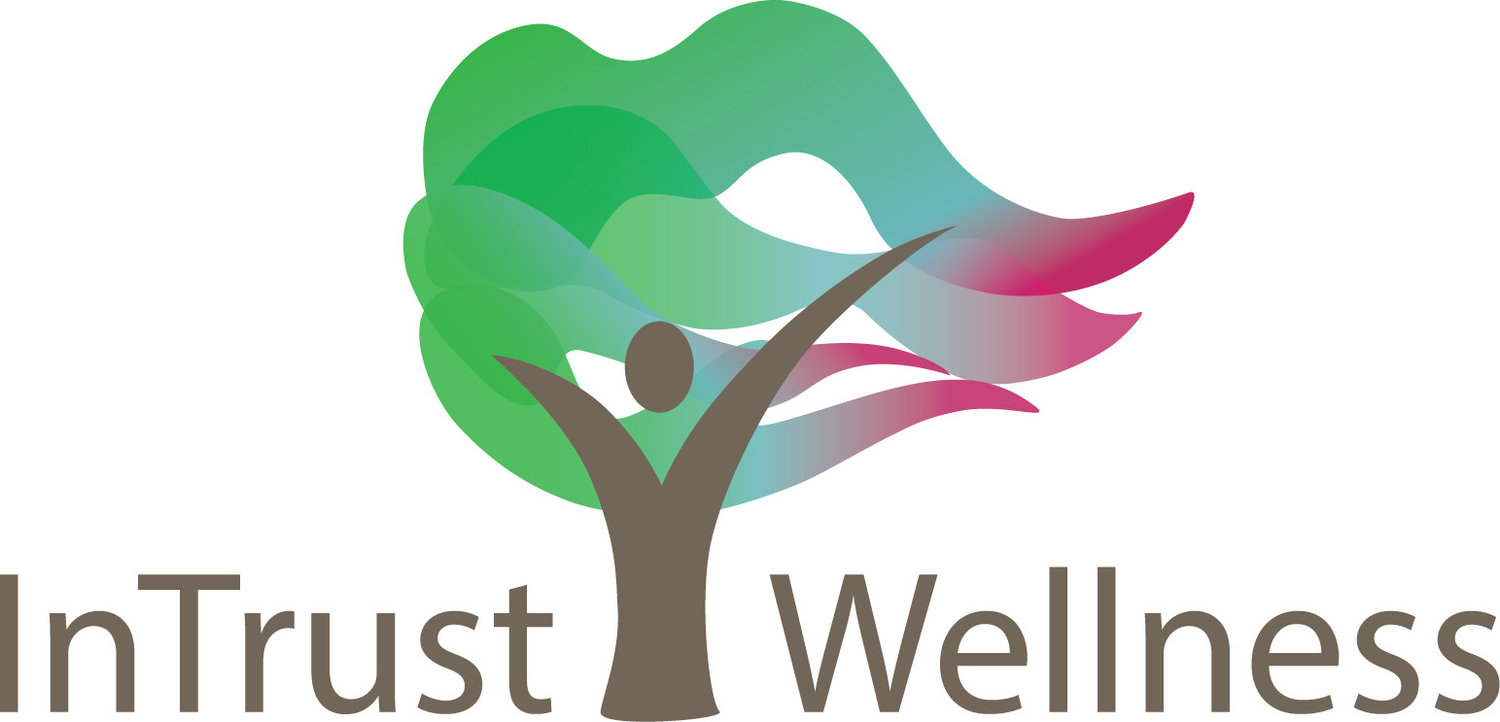These days we can - and often do - track everything about ourselves. We track our steps, calories burned, calories consumed, macros, heart rate, sleep, time on our phone, where we spent that time on our phone, productivity, meditation streaks, miles run, running pace, basal temperature and mucus viscosity, ounces of water, and now you can even track your posture! I currently have a sticker chart going to track my gratitude practice so I am not only likely preaching to the choir, I am the choir. Tracking can be a full-time job … as in we could probably hire a personal analyst for all of our health metrics. My question for everyone here is, “How is it working for you?”
Just as with diet and exercise, I often hear people say they quickly fall off the tracking wagon. We buy the expensive gadget, download the app, open the new journal, and for two weeks we are unstoppable! We now know everything about ourselves, we feel motivated, and maybe we’re even seeing some progress somewhere. But then, whether it was out of boredom, feeling like another should in our day, or a lack of quick results, we stop. Tracking is often one more thing people start, stop, and then feel guilty about. If you’re like me, with several half-used journals collecting dust, I have news for you: the journal is not the issue.
I am not saying we shouldn’t track our health metrics. Tracking can help us make significant progress. However, I am inviting you to think differently and become more mindful of the intention and purpose behind your tracking. If this doesn’t happen, tracking becomes just another thing you should do and eventually something you don’t do because, well, it didn’t serve a significant purpose to begin with.
Here are 3 steps to be more intentional with your tracking, plus a few new metrics to start tracking that truly have an impact on your well-being.
When you first read or hear about tracking something, ask yourself:
What purpose will this serve?
Do I really care about this?
Does this already feel like another thing I “should” do?
Reflect on your answers. If there is no purpose; if you realize you really don’t care and it’s just because Aunt Jane told you you should do it; and/or it just feels like another “to-do,” forget about it! It’s not worth your time. Maybe it will be some day, but for now, you’ve saved yourself time and guilt, and you can move on to more important things.
Speaking of important things, what if there’s another reason we lose interest in tracking metrics? What if we’re just not tracking the right stuff in the first place? Here are a few new metrics to track--or just do without tracking--if you so choose.
Time spent with loved ones. Fill each other’s cup with meaningful conversation.
Time spent in nature (2 hours a week does your health some good!)
Number of burnout moments in a month. The goal is to decrease. If it’s increasing, call me! We need to chat.
Time away from your devices, not tracking anything, and simply enjoying life.
Time on meaningful work or a hobby that brings you true joy.
The ability to know more about ourselves can be a benefit and a curse. Make it beneficial to your life by bringing awareness to whether it is truly important. This will allow you to free up time, reduce guilt, and focus on what matters. One of the most common issues I hear is, “I don’t have enough time.” Take stock of where you are spending yours. Time is precious. Use it wisely.
Be You. Be Well.
